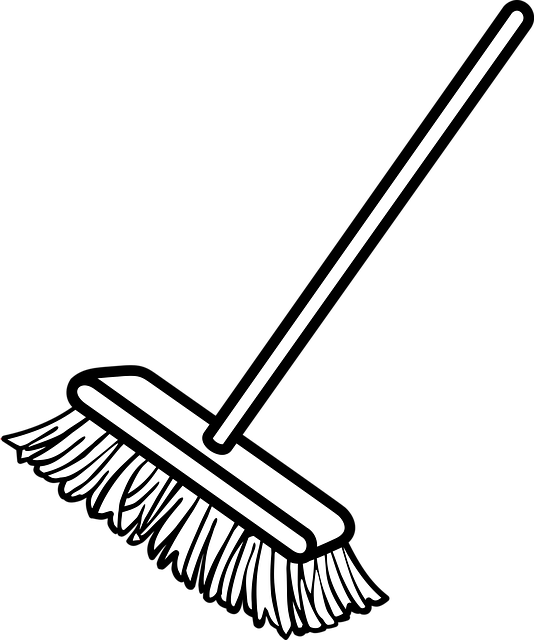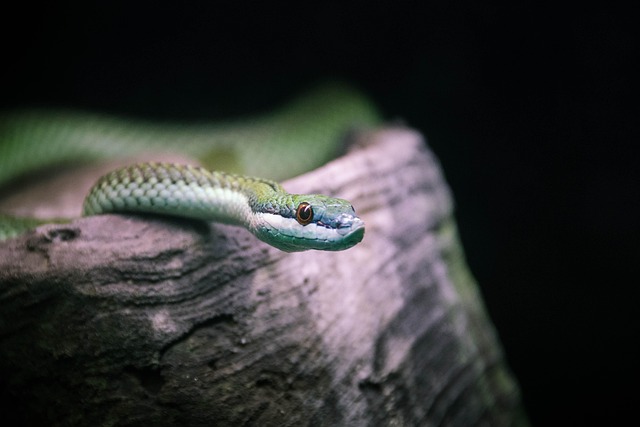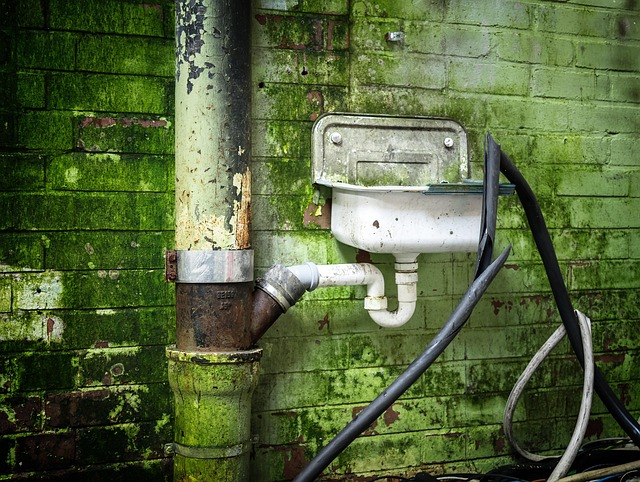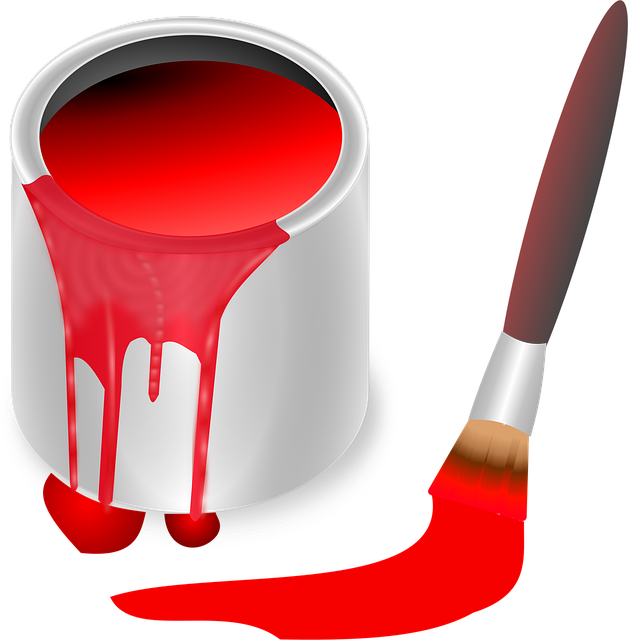This text provides an overview of blocked drain causes and safe, sustainable cleaning methods. It recommends DIY approaches like plungers, baking soda & vinegar for minor clogs. For tougher blockages, a plumber's snake is suggested. The focus is on preventing pipe damage with natural techniques or professional help, advocating for eco-friendly drain care.
Are you tired of dealing with stubborn, clogged drains? Before reaching for a chemical cleaner, consider the risks and explore safer alternatives. This article guides you through understanding and addressing DIY clogged drains using simple tools like plungers and natural solutions such as baking soda and vinegar. Learn when to seek professional help with a plumber’s snake or other drain cleaning methods, ensuring your home stays clog-free without harsh chemicals.
- Understanding Clogged Drains and Common Cleaning Methods
- The Pros and Cons of Chemical Drain Cleaners
- Natural Alternatives for Unclogging Your Drains Safely
Understanding Clogged Drains and Common Cleaning Methods

Understanding Clogged Drains and Common Cleaning Methods
Clogged drains are a common household issue that can cause significant frustration. They often result from various factors such as built-up grease, hair, soap scum, or foreign objects like toys or kitchenware. Before reaching for chemical drain cleaners, it’s essential to explore safer alternatives, especially when dealing with DIY clogged drains. A simple yet effective method is using a plunger, which creates suction to clear obstructions. Alternatively, a combination of baking soda and vinegar can act as a natural unclogging agent by neutralizing odors and breaking down residue.
For more stubborn clogs, a plumber’s snake (also known as a drain auger) is a handy tool. It’s a flexible metal cable that can be inserted into the drain to break up or retrieve the blockage. These methods not only prevent potential damage caused by harsh chemicals but also promote sustainable and cost-effective drain cleaning practices. Remember, while chemical drain cleaners might offer quick relief, they can be harmful to pipes and the environment if used frequently. Opting for natural unclogging techniques or seeking professional assistance from a plumber is a more responsible approach.
The Pros and Cons of Chemical Drain Cleaners

Chemical drain cleaners can be a quick and effective solution for DIY clogged drains. These products often contain powerful acids or bases that can dissolve hair, grease, and other common blockages. They are readily available at most home improvement stores and are designed for easy use, with just a few sprays followed by hot water typically doing the trick. However, their convenience comes with caution. Chemical drain cleaners can be corrosive and harmful to both pipes and the environment if not used properly. Inhaling the fumes or coming into contact with skin can cause irritation or even more severe health issues. Moreover, these products may not be suitable for older plumbing systems or drains made of certain materials.
An alternative to chemical cleaners is using natural unclogging methods like baking soda and vinegar. Combining equal parts baking soda and vinegar creates a fizzy reaction that helps break down clogs. This option is safer and more eco-friendly, but it may take longer to clear a severe blockage. Using a plumber’s snake, a flexible metal cable that breaks up blockages, is another DIY solution. It’s effective for stubborn clogs but requires some skill and force. While these natural methods or manual tools like plungers might take more time and effort, they offer safer and more sustainable options compared to chemical drain cleaners.
Natural Alternatives for Unclogging Your Drains Safely

If you’re looking to avoid harsh chemicals, there are several effective DIY methods for unclogging drains safely at home. One simple yet powerful solution is a mixture of baking soda and vinegar. Pour 1/2 cup of baking soda down the drain followed by 1 cup of white vinegar. The combination will create a fizzing reaction that helps break up grease, soap scum, and other blockages. Leave it to sit for 30 minutes before flushing with hot water.
For more stubborn clogs, consider using a plumber’s snake, also known as a drain auger. This is a flexible metal cable that you feed down the drain to break apart or retrieve whatever is causing the blockage. Regular maintenance with a plunger can also prevent future clogs by clearing slow-moving water and debris. These natural unclogging methods not only save you money but are also better for your pipes and the environment, eliminating the need for harsh chemicals.






